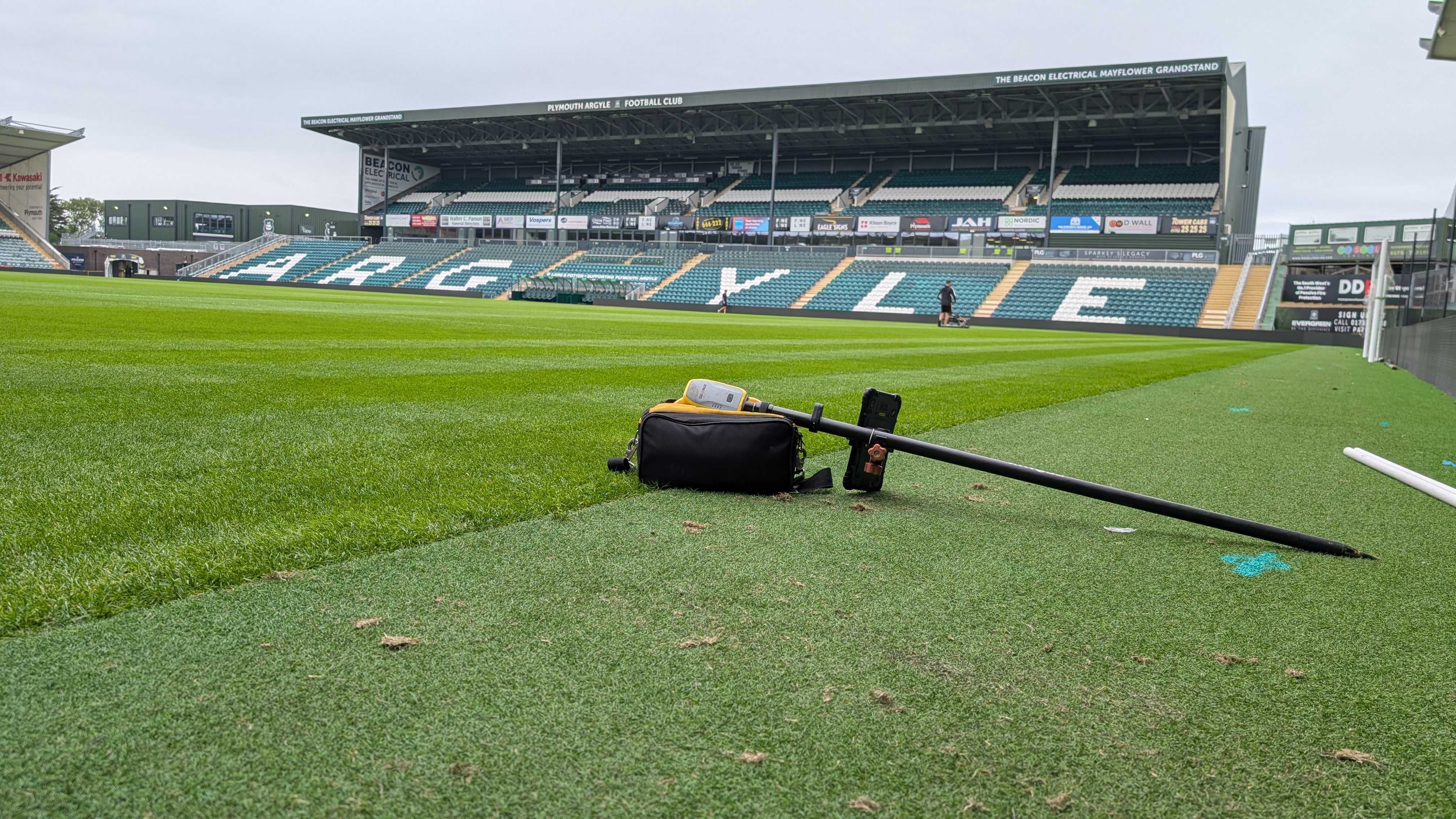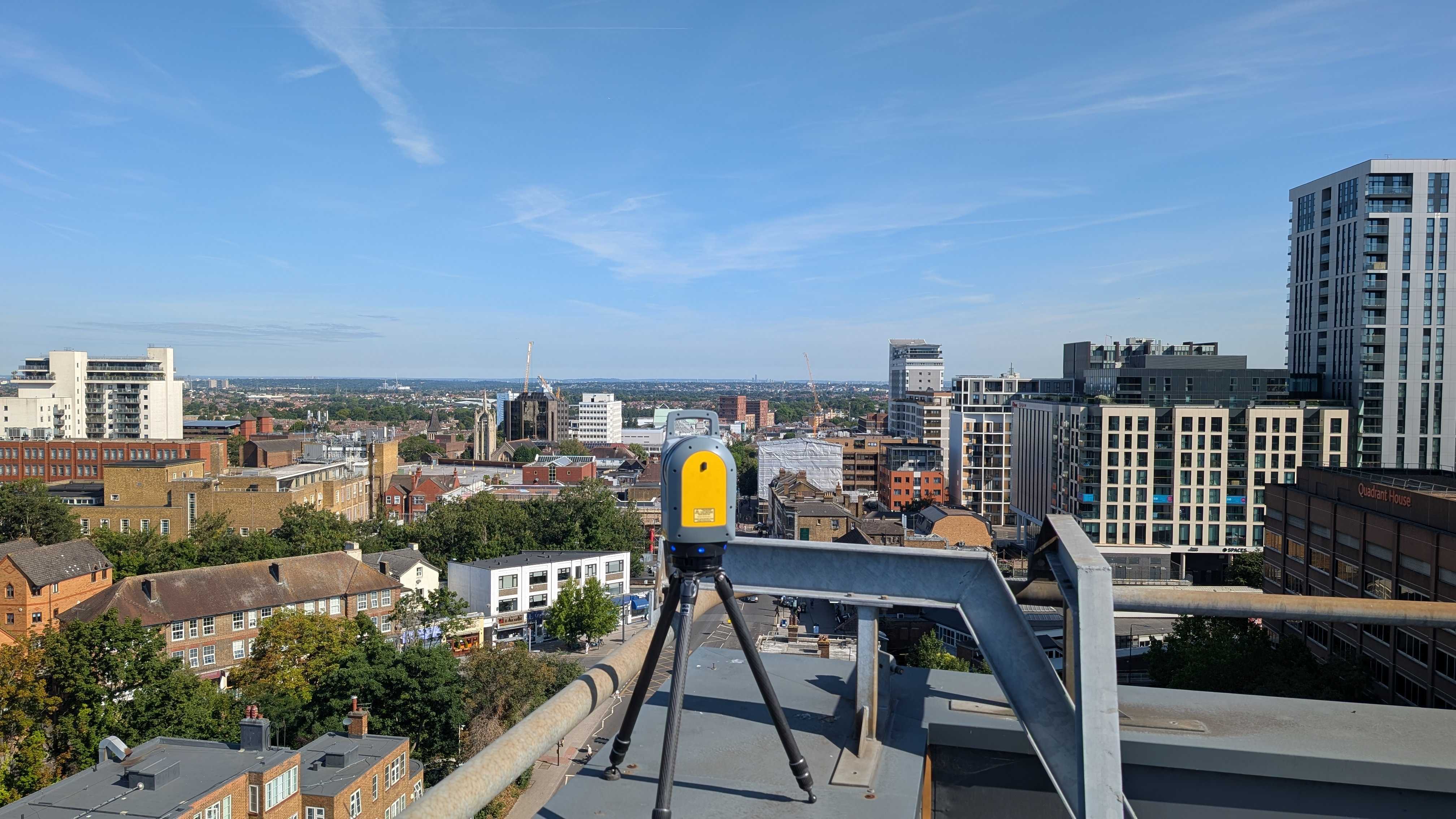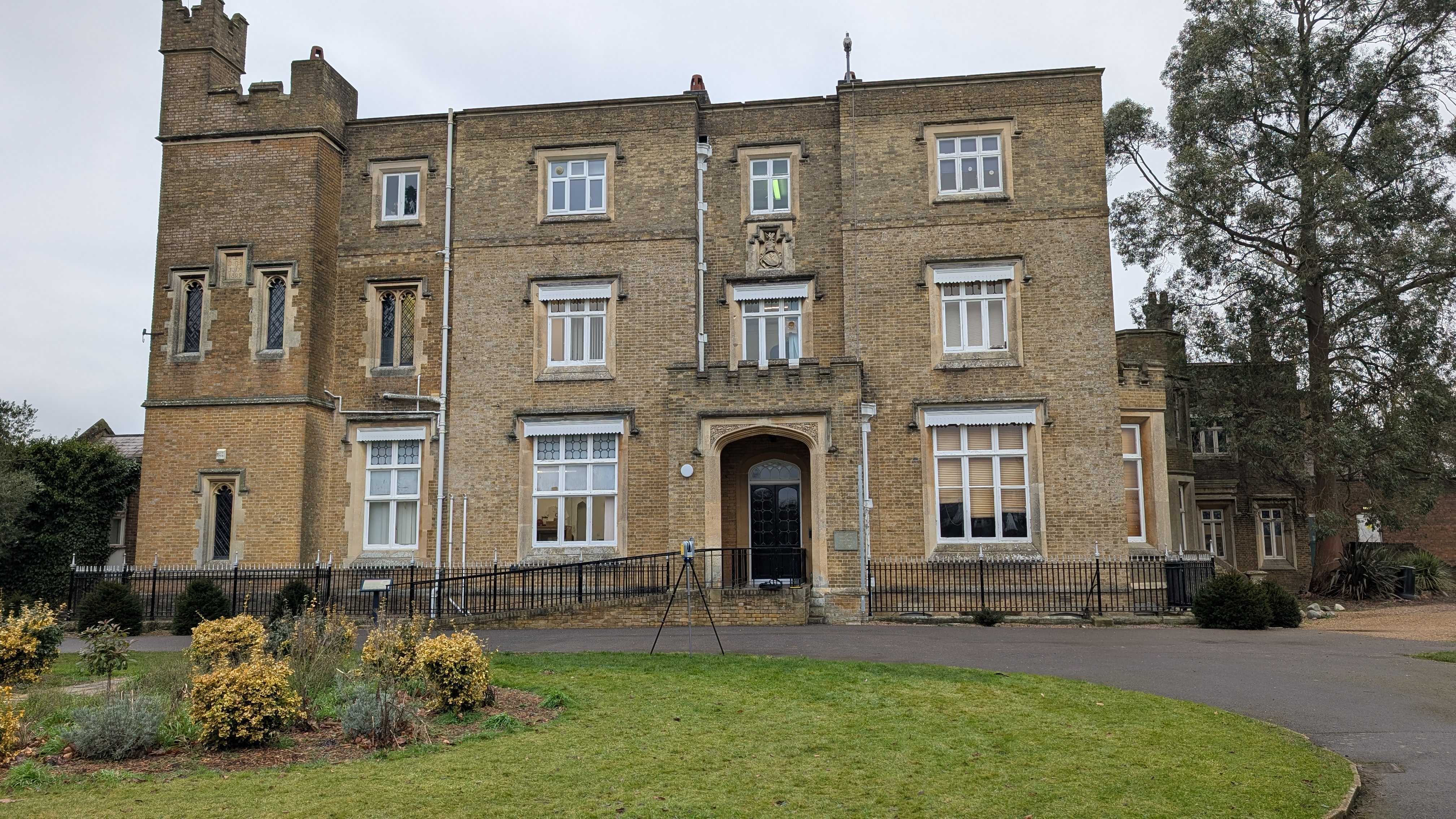When we think about construction projects, we often picture towering structures, bustling construction sites, and plant machinery.
Every decision made on site, every action taken, has an effect on the project's timeline, budget, and overall safety.
This is where utility surveys in construction projects come in.
Beneath your site’s surface lies hidden infrastructure that powers our daily lives – underground utilities. Gas lines, water pipes, electrical cables, and telecommunication networks intersect beneath the ground, forming an essential lifeline for communities.
In this blog, we delve into the vital role of utility surveys, that adhere to the PAS128 standard, in construction projects, unravelling the significance they hold in ensuring not just the success of projects, but also the safety of workers, adherence to regulations, and the overall well-being of the communities they serve.
Common Underground Utilities
Underground utilities – the lifelines that provide us with water, energy, communication, and other essential services
It's easy to take these systems for granted until a construction project disrupts them.
Gas lines, water pipes, electrical conduits, and telecommunications cables crisscross below the ground, forming a complex web. This means that, unless located properly with a survey, these utility services can be damaged.
- Gas Lines
- Water Pipes
- Electrical Cables
- Telecommunications Cables
Accidentally damaging any of these utilities can result in severe consequences, including project delays, safety hazards, legal repercussions, safety risks, and financial burdens.
Addressing Pain Points With Utility Surveys In Construction Projects
In construction projects, the potential for project delays, budget overruns, safety concerns, and legal entanglements is huge.
Unforeseen encounters with underground utilities can exacerbate these issues, leading to a cascade of problems that can disrupt project timelines and inflate costs.
Accidentally damaging gas lines, water pipes, electrical cables, or telecommunications networks not only poses immediate safety risks but also triggers a domino effect of setbacks.
Delays due to utility disruptions disrupt the construction schedule, leading to increased labour costs, equipment idle time, and contractual penalties. Budgets are strained as unplanned repairs, regulatory fines, and legal battles eat into the project's budget.
Moreover, reputations are on the line – a project marred by utility-related incidents risks tarnishing the reputation of the construction company.
By providing accurate and up-to-date information about the location and depth of underground utilities, utility surveys empower construction teams to plan effectively.
- Avoiding Accidental Utility Damage: One of the most critical pain points in construction is the risk of accidentally damaging underground utilities like gas lines, water pipes, or telecommunication cables. Utility surveys can identify the precise locations of these utilities, helping construction teams avoid accidental damage.
- Mitigating Project Delays: Unexpected encounters with utilities during construction can lead to significant delays as work has to stop while the situation is assessed and resolved. By conducting utility surveys upfront, construction teams can plan their activities more accurately, reducing the likelihood of unexpected delays and disruptions.
- Cost Management: Hitting an unmarked utility line can result in high costs not only due to repair expenses but also due to project downtime and potential penalties.
- Enhancing Safety: Construction sites are already hazardous environments, and accidentally damaging utilities can lead to serious safety risks, including gas leaks, electrocutions, or explosions. Utility surveys provide critical information to help construction teams work more safely and implement appropriate safety measures.
- Project Reputation: Delays, accidents, and disruptions due to utility-related issues can damage a construction company's reputation. Implementing thorough utility surveys demonstrates a commitment to safety, efficiency, and responsible construction practices.
Of course, no construction manager wants to forfeit any of these important parts of their project. Therefore, utility surveys are highly beneficial.
Utility Surveys In Construction Projects: How They Benefit You
From the risk of utility damage and ensuing safety hazards, to project delays and budget overruns, utility surveys can protect you.
Armed with accurate information about underground utilities, you and your construction team can navigate projects with a newfound level of precision.
Day-to-day pain points of construction teams can be minimised by investing in the right utility survey, and project completion can be achieved in a much smoother way.
If you are working on a construction project and are yet to organise a utility survey, make sure to get in contact with a member of the team at Intersect Surveys.
We are at your disposal for all utility-related questions, to ensure that your project runs smoothly from start to finish.
FAQs
What Are Utility Surveys In Construction Projects?
Utility surveys involve using specialised technology to map and locate underground utilities such as gas lines, water pipes, electrical cables, and telecommunications networks.
Why Are Utility Surveys Important In Construction Projects?
Utility surveys are crucial because they address several pain points in construction, such as avoiding accidental utility damage, mitigating project delays, managing costs, enhancing safety, complying with regulations, and minimising environmental impact.
How Do Utility Surveys Assist In Avoiding Project Delays?
Encountering unexpected utilities during construction can lead to project delays as work needs to halt for assessment and resolution. Utility surveys offer accurate data upfront, enabling construction teams to plan around utilities and reduce the likelihood of unforeseen delays caused by utility damage.
Can Utility Surveys Help With Regulatory Compliance?
Absolutely. Many regions have strict regulations regarding construction near utilities to prevent damage and ensure public safety. Utility surveys provide the information needed to comply with these regulations, avoiding legal issues, fines, and project shutdowns.
How Do Utility Surveys Improve Stakeholder Communication?
Construction projects involve various stakeholders, including utility companies, local authorities, and nearby residents. Utility surveys provide accurate and clear information that can be shared with these stakeholders, promoting effective communication, collaboration, and transparency throughout the project's lifecycle.








